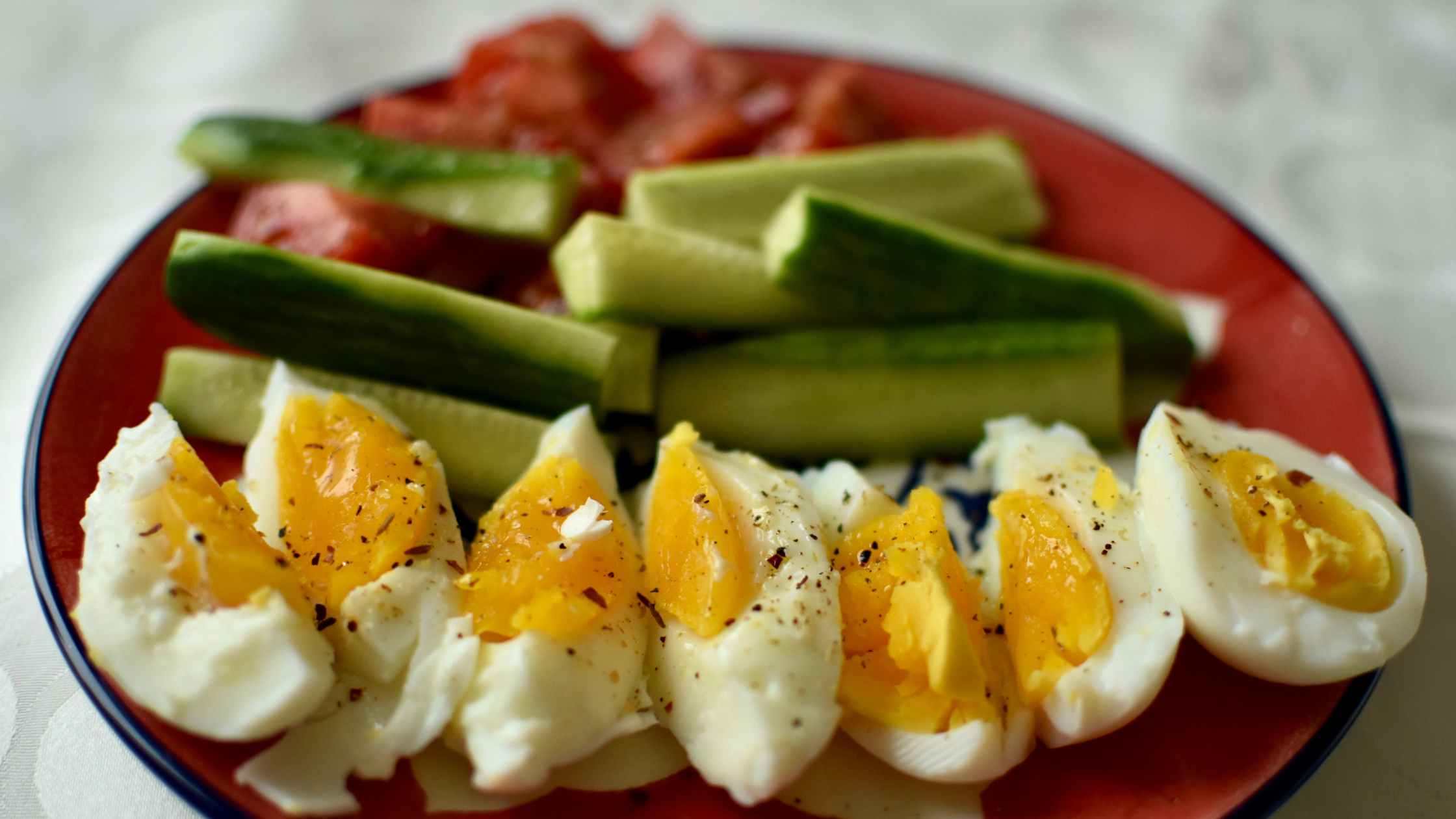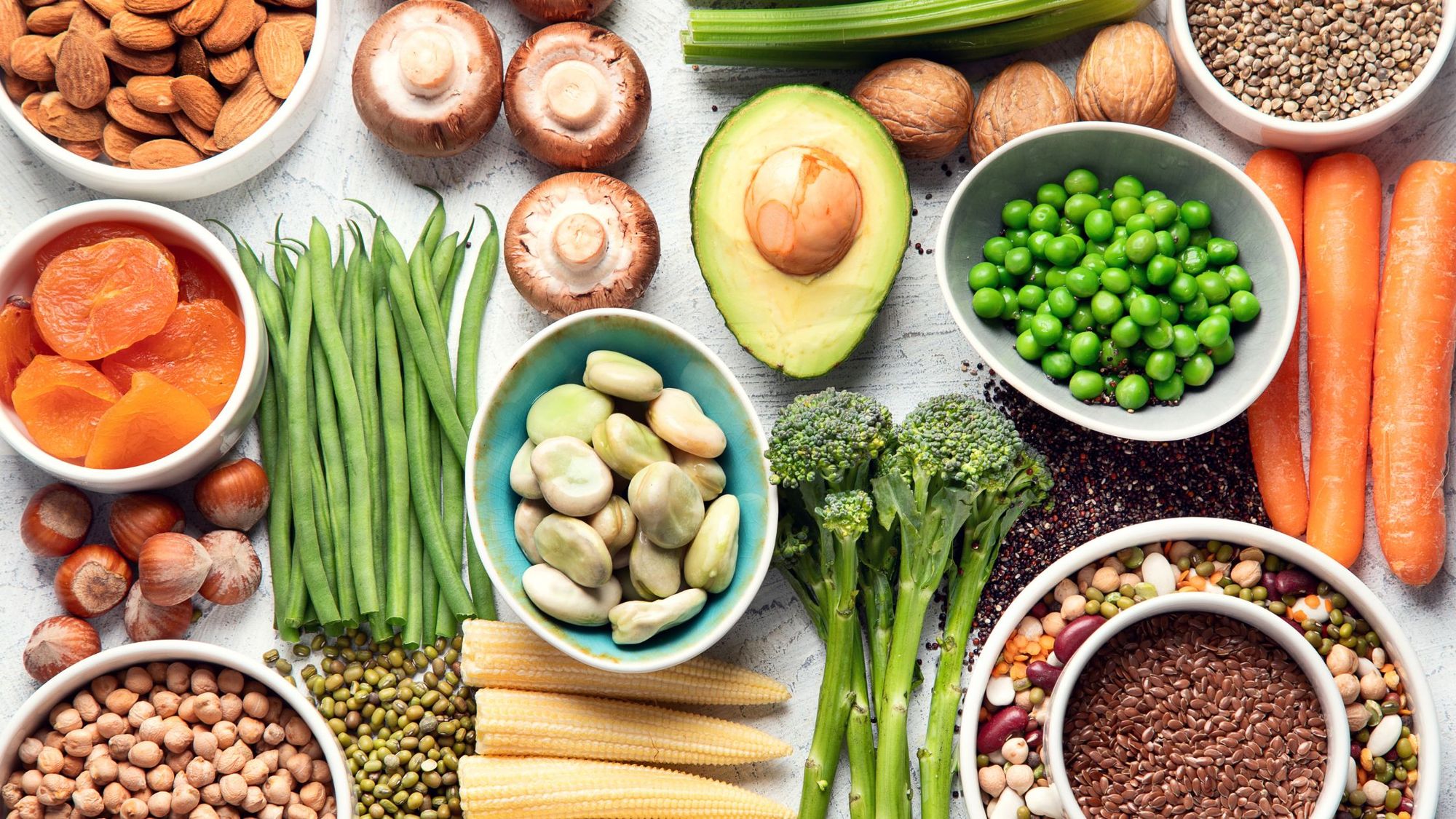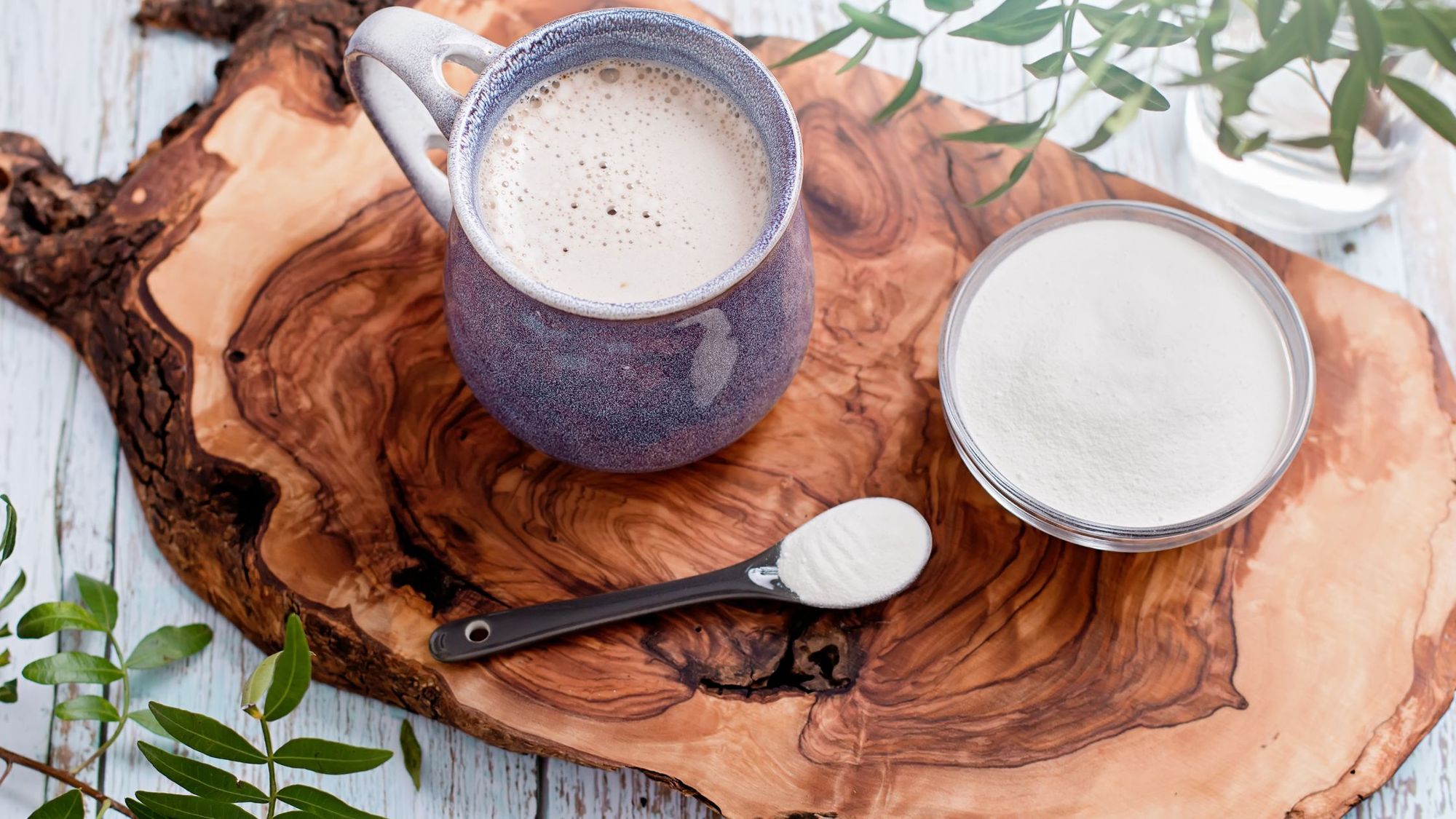
Protein is an essential macronutrient that plays a crucial role in your body’s structure, function, and overall well-being.
But more than that, you might be looking for ways to eat more protein in your meals. Whether you’re looking to build more muscle or lose weight, a high protein diet offers many health benefits. The best part is, you don’t have to get sick of eating so many eggs or getting bloated to reap the rewards.
In this article, we will explore the significance of protein, recommended protein intake and three easy yet effective ways to increase protein in your meals.

The Importance of Protein:
Protein is composed of amino acids, which act as building blocks for tissues, enzymes, hormones, and antibodies in our body. It plays a key role in:
- Muscle development and repair: Protein provides the necessary amino acids to support muscle growth, recovery, and repair after exercise or physical activity. If your goal is to build muscle, you need more protein to replenish and grow.
- Cell structure and function: Protein is vital for cell membranes, ensuring proper cellular communication and signaling. Amino acids found in protein-rich foods are especially important for the central nervous system to function. Additionally, it’s been found that getting enough protein improves brain health and slows cognitive decline.
- Hormone production: Hormones help you regulate emotion, trigger growth and even play a crucial role in women’s menstrual cycles. Many of these, such as insulin and growth hormones, are proteins that regulate a long list of physiological processes.
- Enzyme function: Enzymes, which are proteins, facilitate biochemical reactions, allowing essential processes such as digestion and metabolism to occur.

Recommended Protein Intake:
Now that we understand why our body can’t do without protein, how much of it do we need to consume in a day?
There’s no straightforward answer, because your optimal protein intake will depend on many factors, chief among them being your activity levels.
However, while individual requirements may vary, the following guidelines provide a general overview:
- Average sedentary adults: Consume 0.8 grams of protein per kilogram of body weight per day.
- Recreational athletes: Aim for 1.2-1.4 grams of protein per kilogram of body weight per day.
- Endurance athletes: Target 1.2-1.6 grams of protein per kilogram of body weight per day.
- Resistance-trained athletes: Consume 1.6-2.0 grams of protein per kilogram of body weight per day.
As an additional rule of thumb, you should be hitting a minimum of 10% of your daily calories, but try not to let protein take up more than 35%.
Simple Strategies to Increase Protein Intake in Meals:
1. Include Protein-Rich Ingredients:
Incorporating protein-rich foods into your meals is an effortless way to boost protein intake. Consider adding these sources to your diet:
- Lean meats: Chicken breast, turkey, lean beef, and fish.
- Plant-based proteins: Beans, lentils, chickpeas, tofu, and tempeh.
- Dairy products: Greek yogurt, cottage cheese, and low-fat milk.
- Eggs: A versatile and protein-packed option.
- Nuts and seeds: Almonds, walnuts, chia seeds, and hemp seeds.
- Quinoa: A plant-based complete protein source.
By consciously including these foods in your meals, you can effortlessly increase your protein intake and promote overall health.
2. Opt for High-Protein Snacks:
Snacks present an opportunity to enhance protein intake throughout the day. We know you’re not yourself when you’re feeling “hangry” in between meals, but instead of snacking on guilty pleasures, you can instead try these energizing and protein-packed snacks:
- Greek yogurt with berries and a sprinkle of granola.
- Hard-boiled eggs or egg muffins.
- Protein bars or shakes made from quality ingredients.
- Nut butter with apple slices or celery sticks.
- Roasted chickpeas or edamame.
- Cottage cheese with sliced vegetables.
3. Make the Most Out of Breakfast
Taking note of the previous 2 tips, there’s a simple way that you can boost your daily protein intake, which is to slip it into a hearty breakfast to feel more energized and full for longer. With a survey finding that about a quarter of all individuals in the US skip breakfast daily, there’s not just a key meal missing from a majority of routines, but also a missed opportunity to eat more protein and other healthy foods.
To get you started, you can consider these protein-rich breakfast options:
- Overnight Protein Oats: Fill up a mason jar with oatmeal, skimmed milk and your protein of choice. From there, you can enhance your oats with bananas, berries or other healthy fruits. Finally, just throw it in the fridge for consumption the next morning! The best part about overnight oats is how far you can customize it to your preferences.
- Protein Pancakes: There’s nothing like pancakes in the morning to get your day started, especially with protein powder, oats and Greek yogurt to upgrade this classic into a protein-packed breakfast. Serve with additional fruits to really complete this easy dish.
- English Muffins: If you prefer a more savory breakfast – especially if your diet allows for more calories – consider throwing in bacon, eggs and cheese between two fluffy English muffin buns for a juicy start to your day.
Wrapping Up: Personalizing Protein for You
While high-protein diets are generally great for everyone, remember that too much of it is still a bad thing. Obsessing over every meal to make sure that you’re getting as much protein as possible isn’t healthy, and a balanced diet should always be your priority.
That said, there are no hard and fast rules for everyone to abide by when it comes to protein intake. In fact, a CircleDNA genetic test can tell you that your unique genetic makeup responds to proteins and other nutrients and foods in a different way to everybody else. There isn’t a perfect diet for everyone, but there is a diet perfect for you and your unique health goals.






